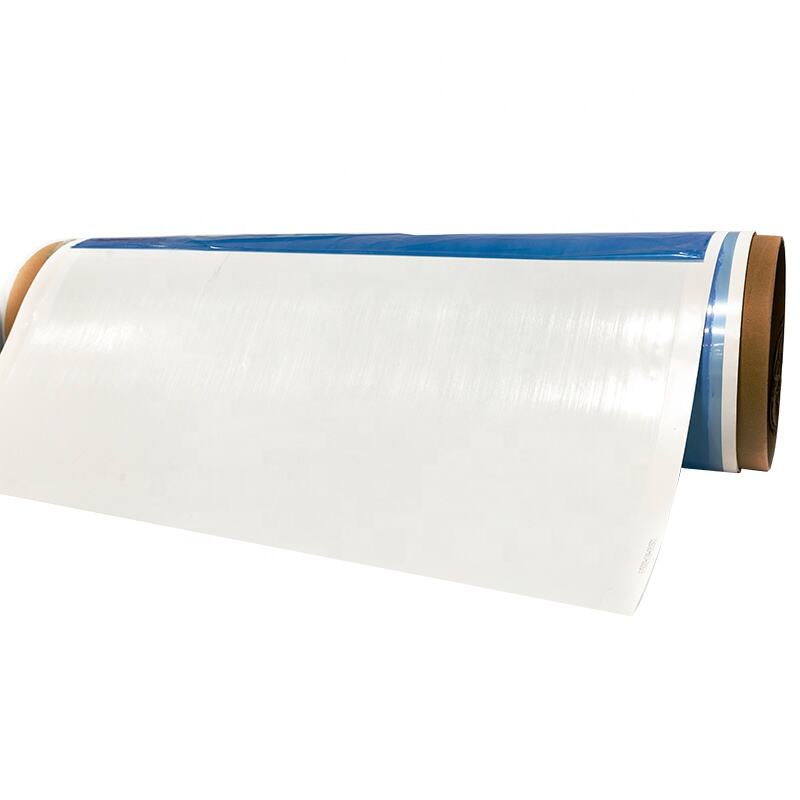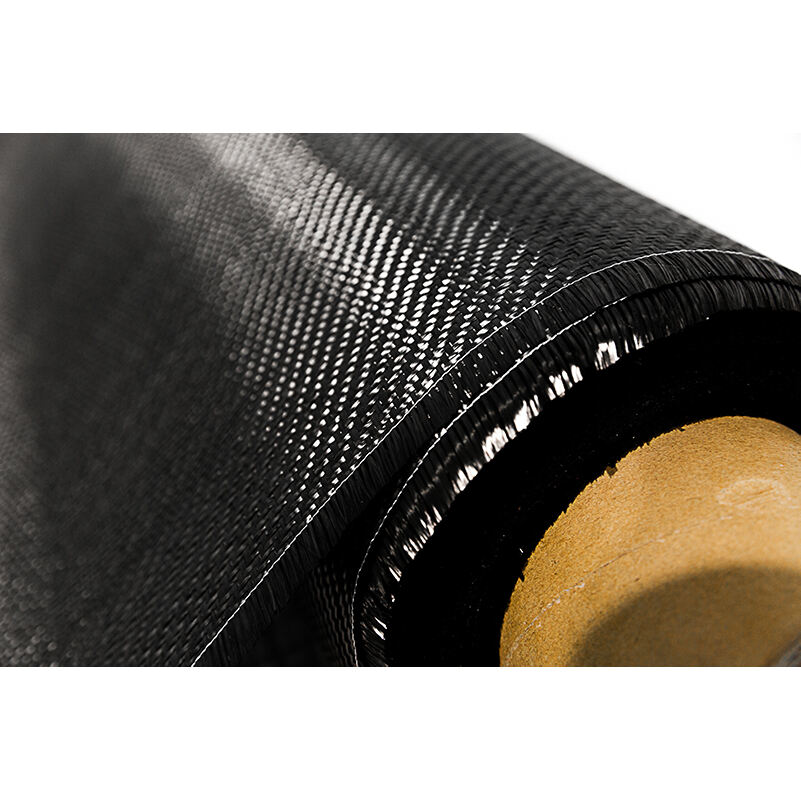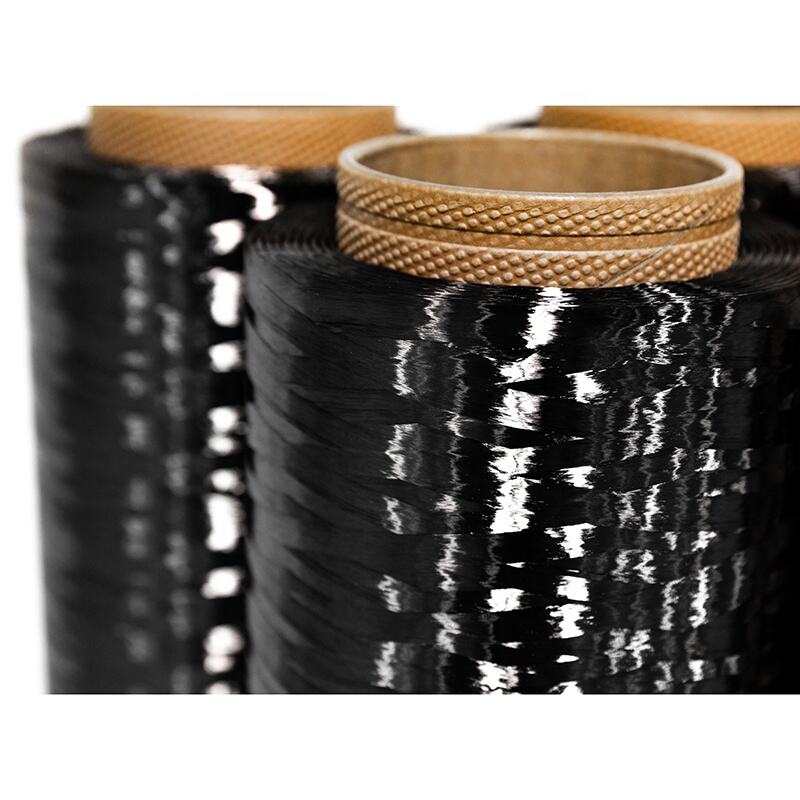carbon fabric price
Carbon fabric price represents a crucial consideration in the composite materials industry, reflecting the advanced manufacturing processes and high-performance characteristics of this versatile material. The cost structure typically varies based on factors such as fiber grade, weave pattern, and manufacturing volume. Premium carbon fabrics, featuring high tensile strength and superior modulus properties, command higher prices due to their advanced production techniques and quality control measures. The price range can span from $20 to $200 per square meter, depending on specifications such as fiber count, weave density, and surface treatment. Industrial-grade carbon fabrics, commonly used in construction reinforcement and automotive components, generally fall in the mid-price range, while aerospace-grade materials with specialized properties occupy the upper tier of the pricing spectrum. Market dynamics, including raw material availability and energy costs, significantly influence the final pricing structure. Manufacturers often offer volume-based pricing tiers, enabling cost-effective solutions for large-scale applications while maintaining product quality and performance standards.


